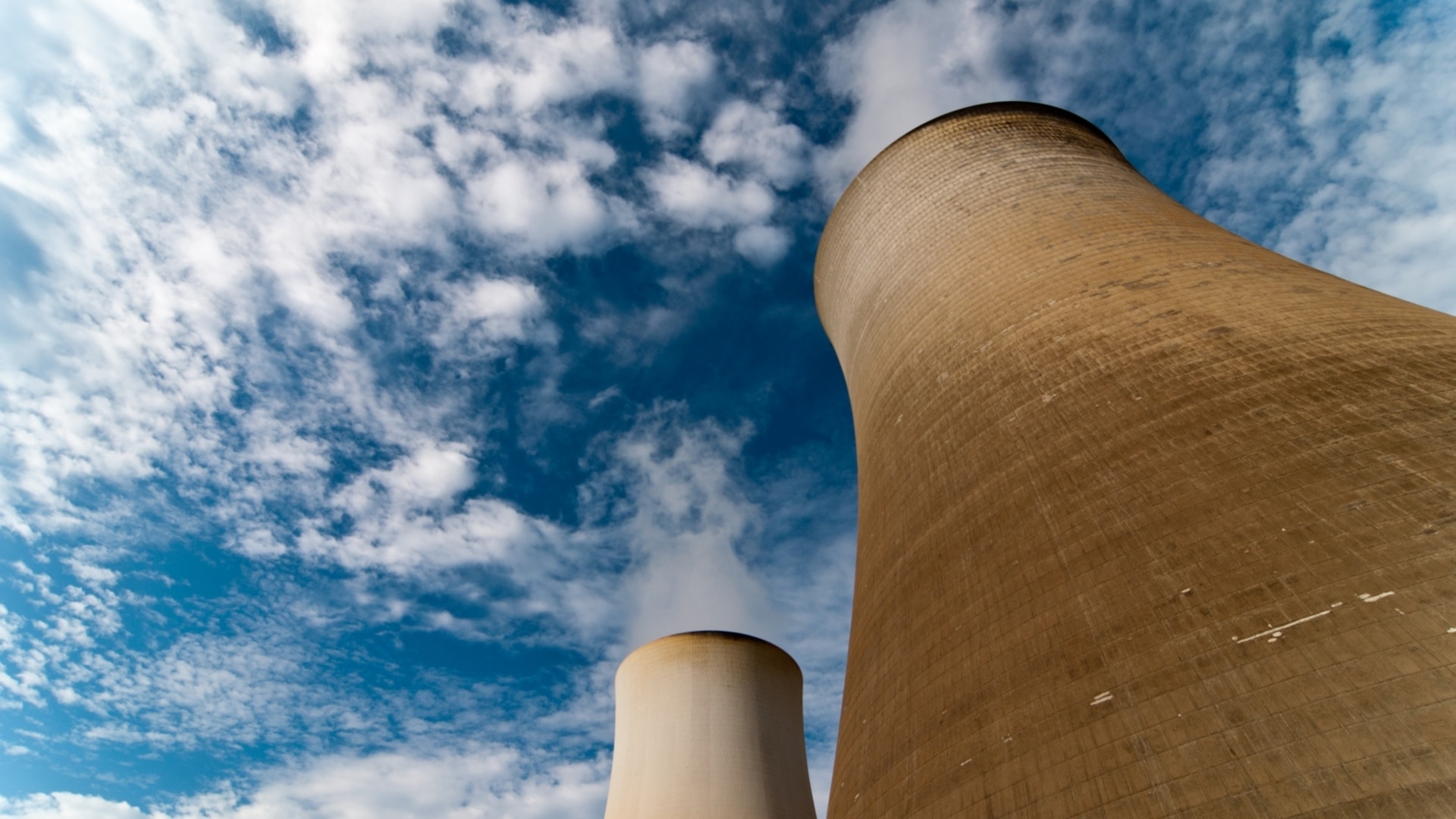Coalition’s Ted O’Brien looks to South Korea for nuclear solution
Ted O’Brien said Australia could ‘learn a lot’ from South Korea, which for the first time in 2024 generated more electricity from nuclear energy than coal and natural gas.

The Coalition is conducting “the most comprehensive international study ever undertaken by an opposition to inform Australia’s future energy policy” it claims, as Ted O’Brien, the architect of its taxpayer-funded tilt towards atomic energy, led a delegation to explore South Korea’s nuclear power industry.
Speaking to this masthead before heading abroad, Mr O’Brien said Australia could “learn a lot” from South Korea, which for the first time in 2024 generated more electricity from nuclear energy than coal and natural gas.
“As a nation, we need to be humble enough to learn from other nations which are managing their energy systems far better than we are,” the opposition energy spokesman told The Australian.
The industry delegation plans to visit a nuclear power plant and will also meet with representatives from Doosan Enerbility, a heavy-industrial company involved in the manufacturing and construction of nuclear power plants.
South Korea has experienced a revival in nuclear development and generation in recent years. Its suspended President, Yoon Suk Yeol, has been a strong proponent of nuclear power, having announced plans to build four more reactors by 2038.
Having also extended the life of several existing reactors, previously scheduled to mothball their operations in 2030, Mr Yoon has also ploughed significant resources into the expansion of the country’s nuclear industry, planning to increase exports of such technology.
The heavy emphasis on nuclear energy marks a major shift for South Korea, which is the world’s third-largest importer of liquefied natural gas and the fourth-largest importer of thermal coal.
Mr O’Brien has previously flagged that South Korean nuclear technology could be included as part of Australia’s energy mix, with Coalition policy documents citing the APR1000 and APR1400 pressurised water reactor models as examples of technology that could be deployed across five sites in New South Wales, Queensland and Victoria.

Both units have been previously built by the country’s state-owner electricity utility, Korea Electric Power Corporation, which was selected in July as the preferred bidder to build two APR1000 units in the Czech Republic at an estimated cost of $US26.1bn ($42.5bn).
The deal marked the first overseas order of a large-scale nuclear power plant since 2009, when South Korea struck an agreement to export four of the larger AP1400 models to the UAE with the project costing $32.1bn
Mr O’Brien has frequently claimed the project ran “on time and on budget” even as the commercial operation of the UAE’s first reactor took three years longer than originally intended.
The development of small modular reactors, which produce less than 300 megawatts of power and are yet to prove commercially viable, is also a key pillar of South Korea’s push to expand its nuclear footprint.
It plans to have at least one SMR developed and connected to the grid by 2035, the same year the Coalition hopes to have the technology in operation.
The Coalition has earmarked two sites – one in Collie, Western Australia, and the other in Port Augusta, South Australia – to host SMRs.
Mr O’Brien will also use his trip to South Korea to make the case that nuclear technology will ultimately be more affordable and, alongside coal, gas and renewables, is “keeping prices down” in South Korea at a time when Australians have experienced a significant increase in their power bills.
While South Koreans do indeed benefit from lower residential electricity prices than Australia, the cheaper prices largely owe to heavy government regulation in South Korea’s energy system.
Retailers face mandated tariff rates and a non-competitive market structure, forcing companies, including KEPCO, to sell electricity to retail customers at a massive loss, thus incurring significant debts in the process.
Labor has rubbished the Coalition’s nuclear power plans, arguing the cost to taxpayers would be exorbitant, ultimately drive up prices for households and businesses, and would not meet the energy demands of the grid.
Hitting back, the Coalition claims Labor’s proposed energy mix, which is largely reliant on renewables with firming from batteries, gas and pumped hydro, is significantly more expensive than the $121bn estimate supplied by the Energy Market Operator and would stymie supply of affordable and reliable electricity.






To join the conversation, please log in. Don't have an account? Register
Join the conversation, you are commenting as Logout